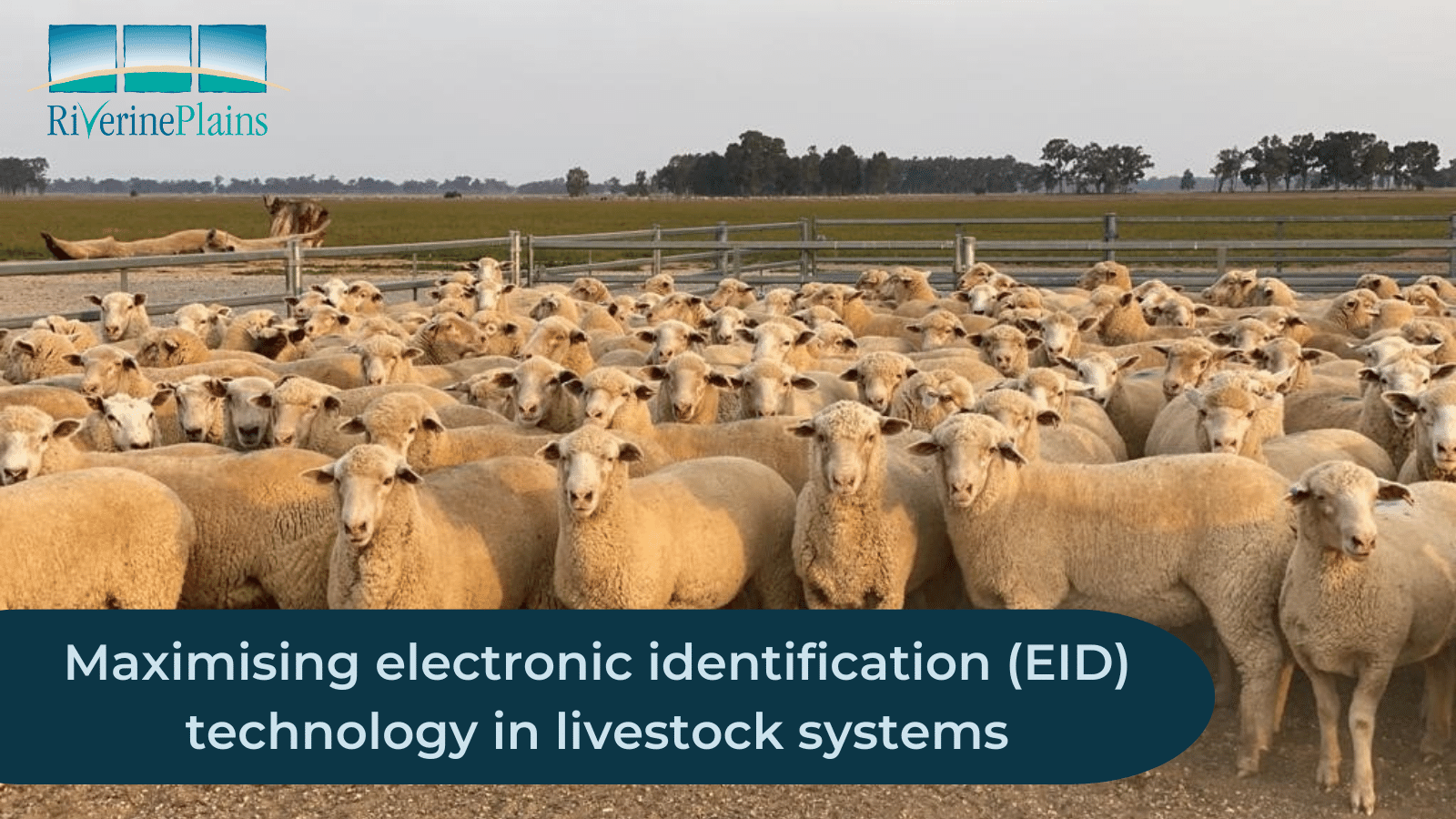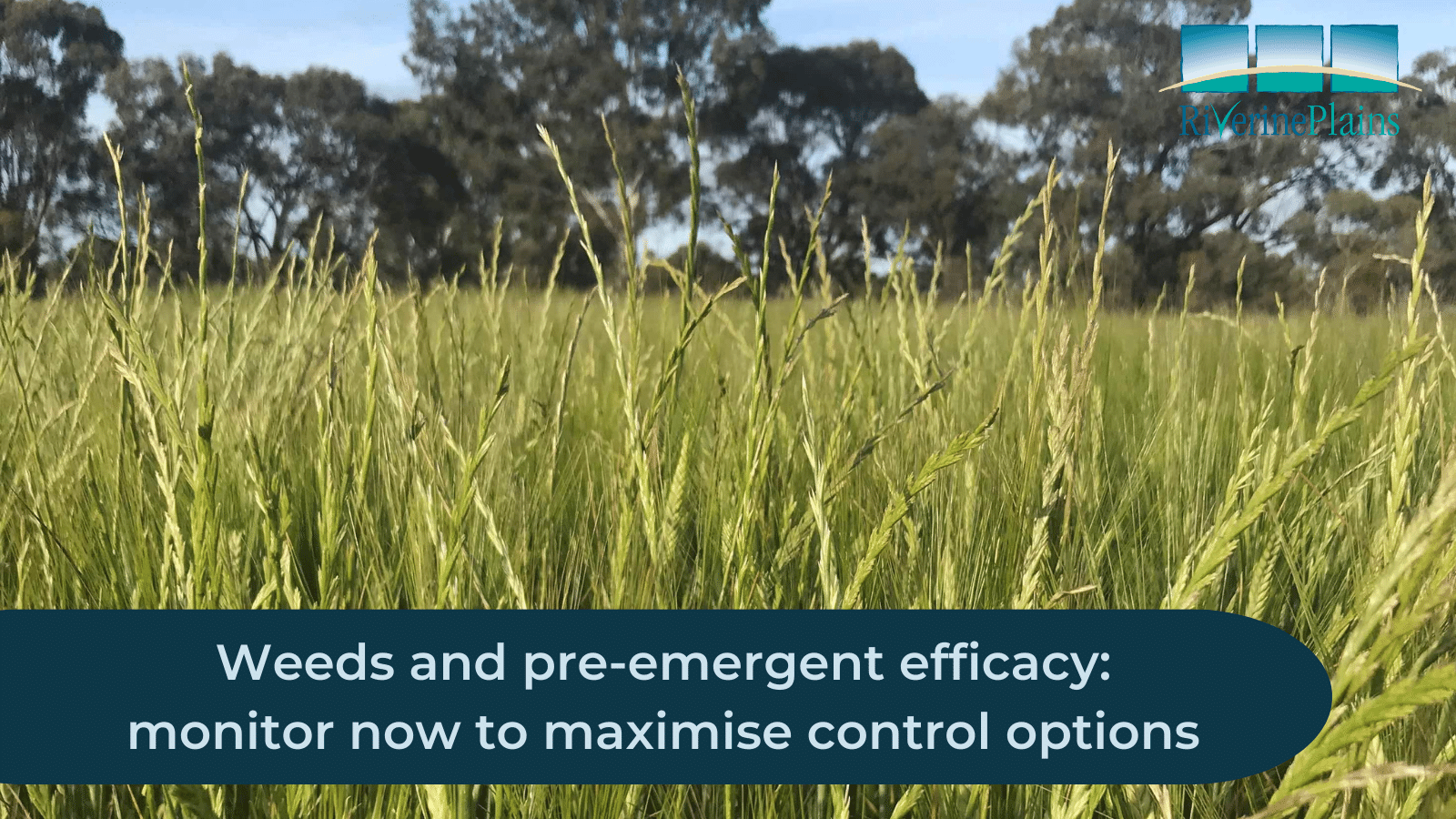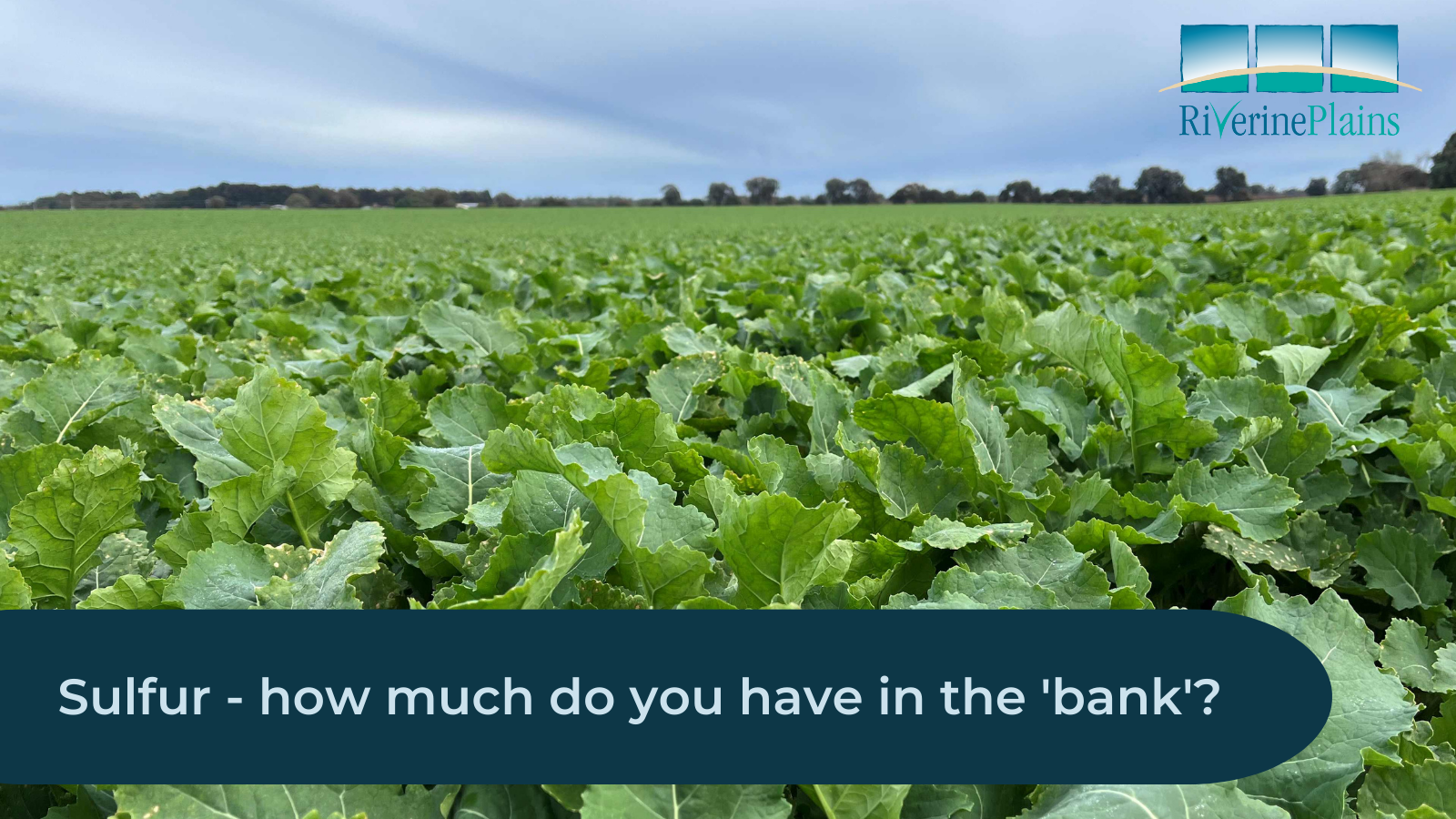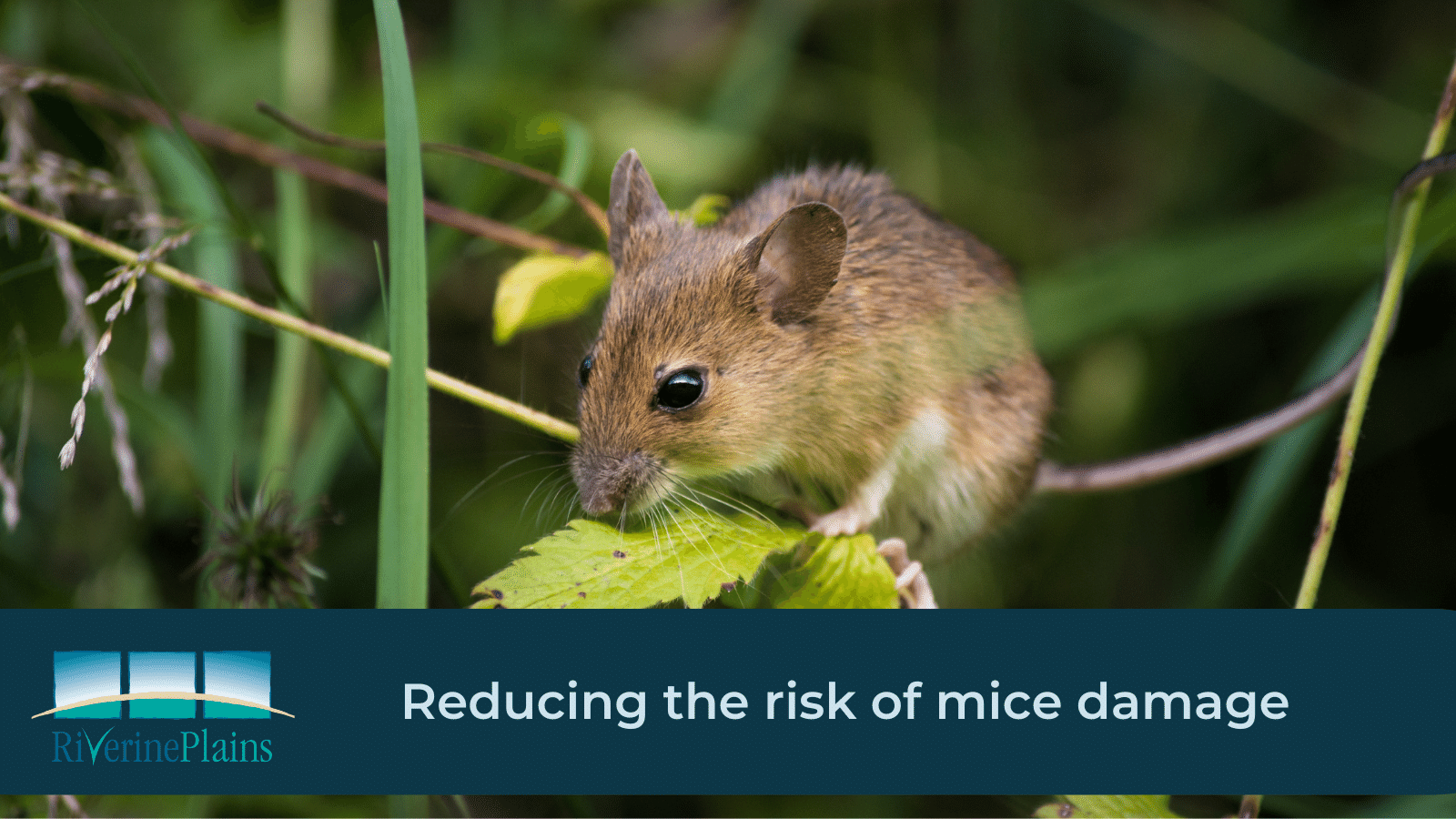ESG - what is it & what does it mean for farmers?
What does ESG mean for farmers?
Key messages:
- environmental, social, and governance (ESG) is a framework that covers business practices and data capture
- national and international market access requirements are changing, driven largely by consumers and shareholders demanding transparency around environmental and ethical farming practices
- farmers will increasingly have to collect and present data to prove their ESG credentials to maintain market access and potentially access finance in future
- more work is needed to understand the types of ESG data that are important across the value chain
- awareness of coming changes will help farmers proactively manage their future business needs





